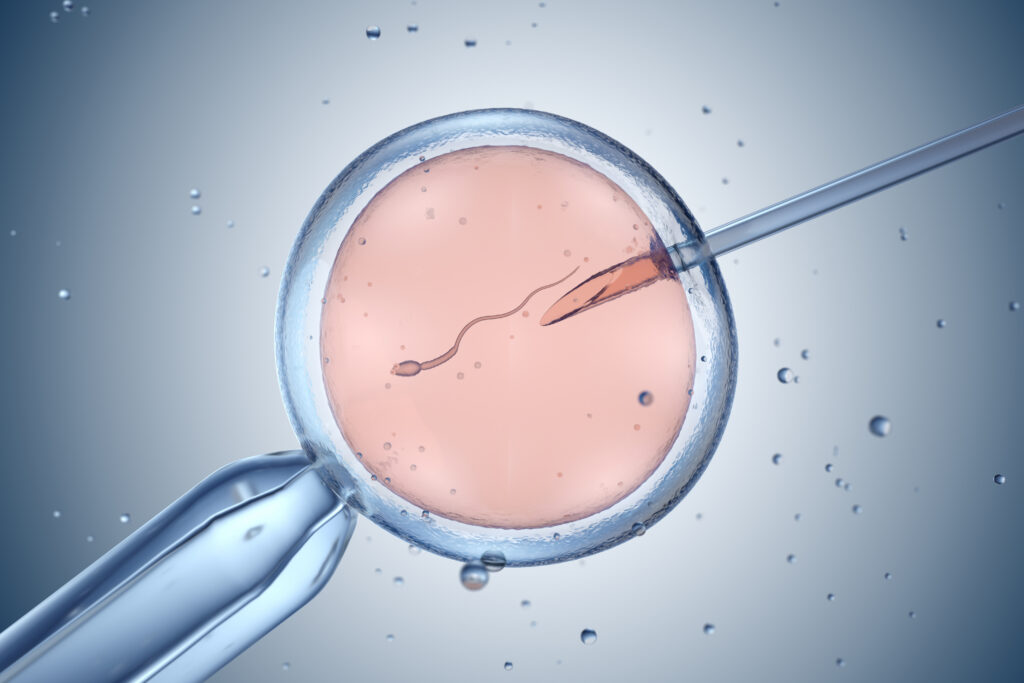CLI Vice Pres. Dr. Prentice on Gene-Editing: “Let Congress Know to Take It Slow”
On December 28, 2016, CLI’s Vice President and Research Director, Dr. David Prentice, co-authored an op-ed with Congressman Dr. Michael Burgess (R-Tex.) on the ethical and unethical uses of human gene editing, especially in light of the advent of the CRISPR-Cas System.
Published in the Dallas Morning News, the op ed by Drs. Prentice and Burgess explains the differences between ethical uses of gene-editing to treat serious conditions in affected born human beings and dangerously unethical experiments involving gene manipulations in human embryos. At the latter stage, the genetic changes would not just affect the young human life, but also could be passed down through the germline to his or her future generations – a result with “unknown implications for everyone,” they warn.
Importantly, this type of genetic engineering of human embryos, they note, treats no one currently suffering from disease, and instead “creates new, genetically manipulated human beings with hopes they are free of disease.”
In 2015, Congress prohibited the Food and Drug Administration (FDA) from approving any heritable genetic modification of human embryos.
“We must be cautious not to paint all gene editing as bad,” though, say Drs. Prentice and Burgess. Gene-edited immune cells, after all, saved the life of a baby girl in the U.K. who suffered from intractable leukemia.
As far as human genetic policy and the future of the human race go, “we’re all stakeholders.”
To read the full op-ed in the Dallas Morning News, please see: https://www.dallasnews.com/opinion/commentary/2016/12/28/let-congress-know-gene-editing-humans-bad-business
























